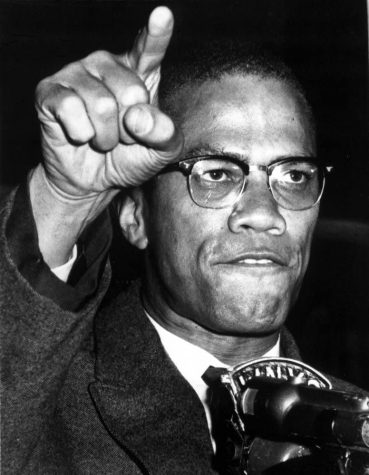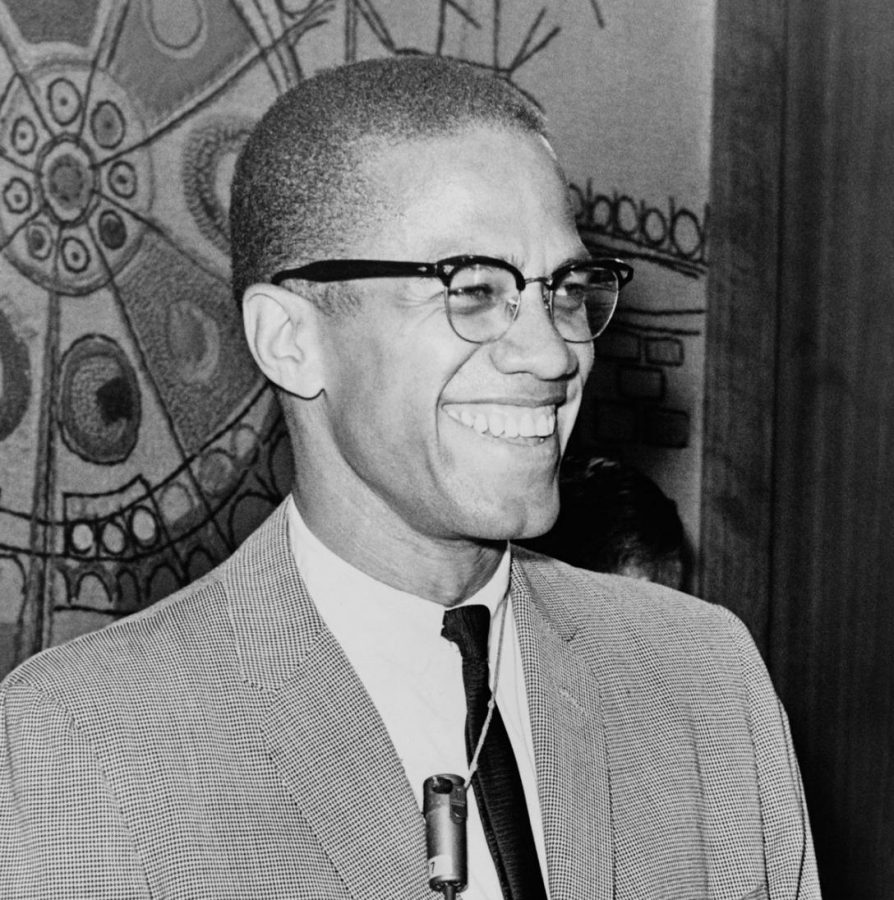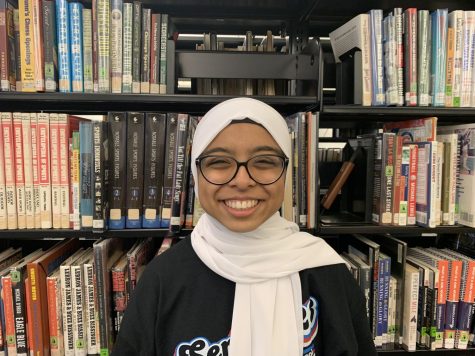The Legacy of Malcolm X
February 24, 2021
Born in 1925 as Malcolm Little, and buried in 1965 as El-Hajj Malik El-Shabazz, Malcolm X was a prodigious figure in African American history and the fight for civil rights in the United States. His struggle for justice and equality had a profound influence on people all across the world and continues to impact individuals today.
Early Life
Early in his childhood, Malcolm was first-hand able to see the atrocities of racism and hate. As a young child, his father, a follower of Marcus Garvey, was lynched by members of the Ku Klux Klan. His mother struggled to provide for him and his siblings, being hospitalized shortly after the death of her husband. From here, Malcolm moved in and out of a series of foster homes, practically raising himself. Eventually, he fell to a life of crime living in Boston. During his years on the streets, Malcolm continued to see and experience oppression against black people and the severe injustices occurring against them. It was his time here that he would later refer back to when he began to be more involved with the civil rights movement. In his early 20s, charged with stealing, Malcolm was sentenced ten life changing years in prison.
Finding His Way
Behind bars, Malcolm learned of the Nation of Islam (not to be confused with mainstream Islam) through letters sent to him by his older brother. Finding their teachings appealing, Malcolm converted to the Nation of Islam in prison, teaching himself to read and write in the process in order to fully comprehend its teachings. After being released, he continued to work and advocate for the Nation of Islam, becoming chief minister of the Harlem Mosque in 1954. It was here that Malcolm’s intellectual scope broadened even further as he fought for revolutionary change for his people. His debates produced rhetoric which would surpass and defeat any individual who had come from a more formally educated background. Malcolm soon became a prominent figure in the fight for rights with his uncompromising and unapologetic approach to attaining equality. His academic and intellectual arguments allowed black people to feel pride in their identity and heritage as he inspired them to believe in their self worth despite what they had constantly been taught to believe.
A New Direction
Eventually Malcolm outgrew the limits of the Nation’s doctrines and began to see flaws in its teachings. His famous trip to Saudi Arabia to perform the pilgrimage of Hajj as well as to various countries across Africa opened his eyes to a new way of thinking. During his pilgrimage, Malcolm saw people of all different colors united under one faith and living equally. In a letter to some American friends while in Mecca, he wrote, “I’ve had enough of someone else’s propaganda…I’m for truth, no matter who tells it. I’m for justice, no matter who it is for or against. I’m a human being first and foremost, and such I’m for whoever and whatever benefits humanity as a whole.” 
It was here that Malcolm was able to see a broader perspective of the religion he had been preaching. While the Nation of Islam used its teaching to uplift black people while diabolizing whites, orthodox Islam sought interest in greater theological issues, intrinsically granting equality to all and giving blacks the worth they deserved and were rightful of holding. Returning from his trip, Malcolm pursued his goal of fighting racism with a new approach, still holding the same drive and fierceness in his beliefs and pursuits as he had before. A year after his break with the Nation and religious pilgrimage, Malcolm was assassinated in February of 1965.
His Legacy
It was at the time Malcolm reached the peak of understanding in his struggle against racism that his life was ended. His ideology and beliefs continue to inspire many today. Malcolm’s fierce personality and passionate attitude towards fighting oppression prompt many to advocate for their beliefs and remain intolerant of any wrongdoings. His insistence to continue to struggle and campaign “by any means necessary” has been a motivation for all people to believe in and act upon their values of freedom, justice and equality.































